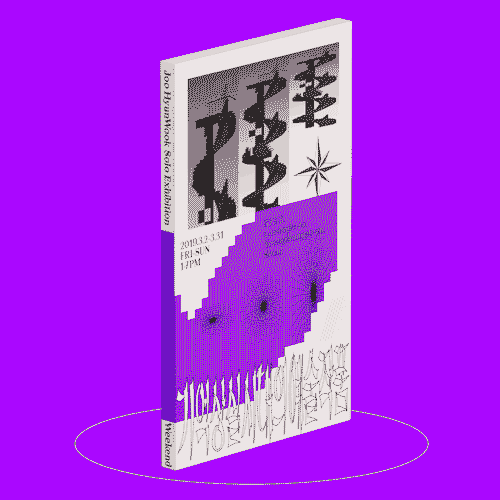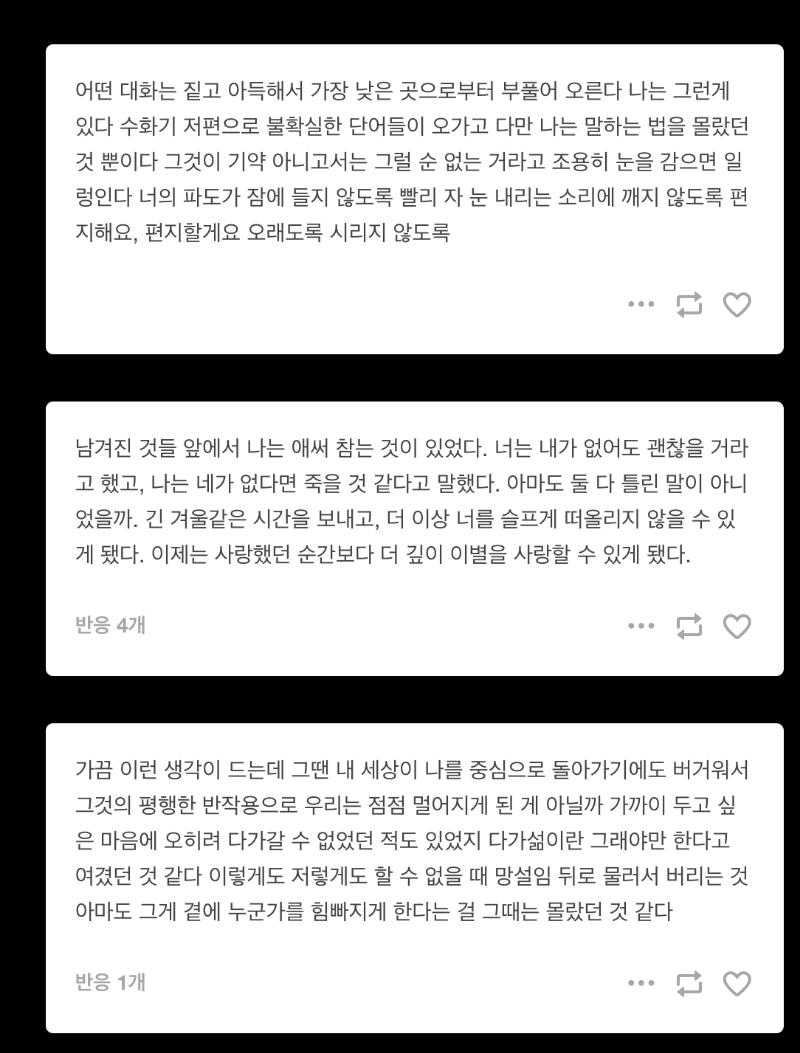
Exhibition Information


Why bring up this title that has been repeated countless times? Benjamin begins with the story that the first part of the famous text is that Clearness tries to analyze capitalism and has its propnostischen value in mind. This means that the future can be seen in advance from the current production conditions. And his brilliance, as is well known, extends it to the discussion of the superstructure of art. In other words, the regulation of art works of a certain period becomes a story of the production conditions of art works and the various times that move on from them. So, what are the conditions for amnesia? Joo Hyun-wook's "memory loss" rule does not say that the memory itself is lost. He rather senses something missing from his overflowing memories. In this context, memory loses its political and historical context. A fad of retro, vintage, etc. statues everywhere in the city that have become empty structures. monuments, souvenirs, etc that have lost something to celebrate Of course, this is not a materialistic condition such as economic structure or technological environment. However, considering the impact that the phenomenon has on overall cultural production, it certainly opens up an area that can be assumed under certain conditions. From this epistemological basis, the author uses a suggestive form to bring back lost historical memories. Create a Cult altar with cheap souvenirs that have come off completely from the historical context, or perform a homing technique to summon statues back into a 3D scanner. On the other hand, he also builds a fiction based on the mummy of a revolutionary who lost his political power and became a tourist destination. Is Chu trying to rebuild his political form beyond the avant-garde tradition of exposing materialistic foundations or destroying forms through these works? And most of all, why take such a mysterious and suggestive form? With the reason for biting the tail, it comes to mind that nothing is more metaphysical and mysterious than the system of belief in goods and capitalism. Kwon Tae Hyun
